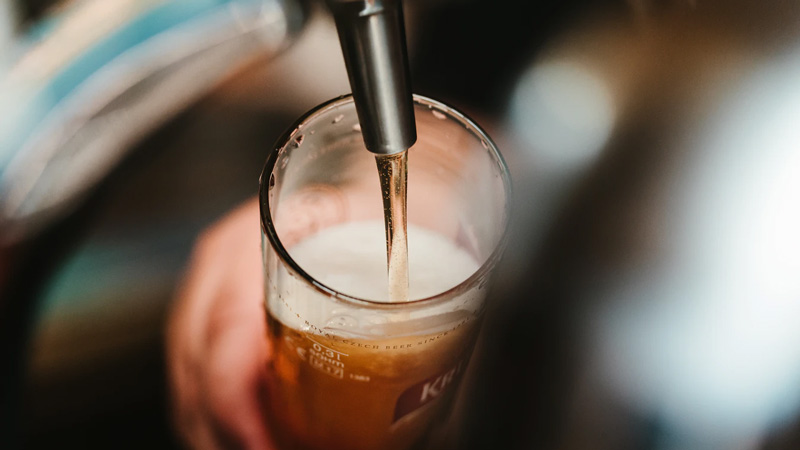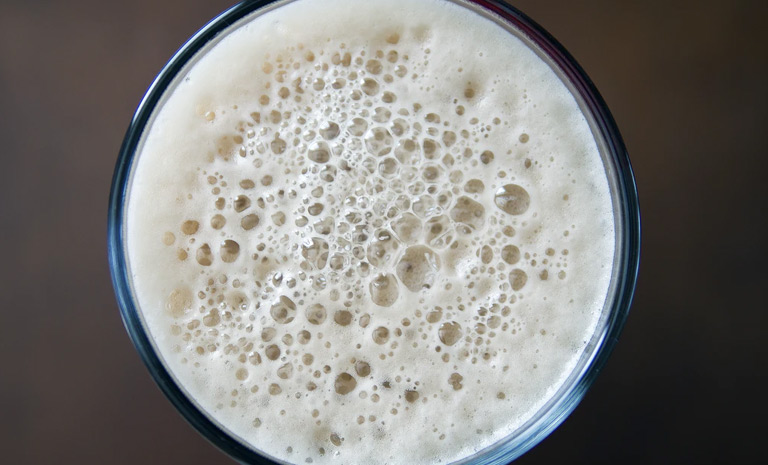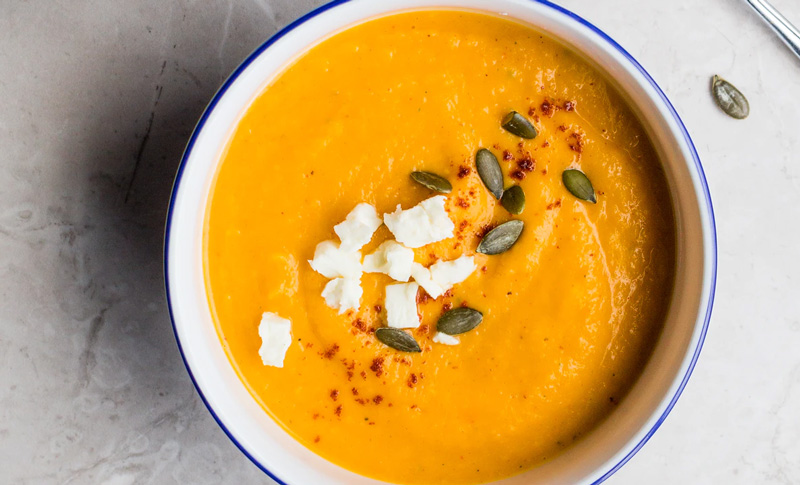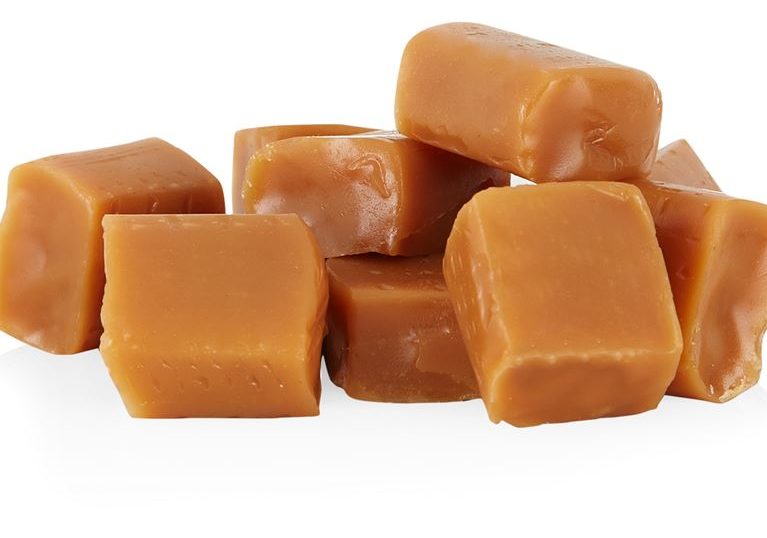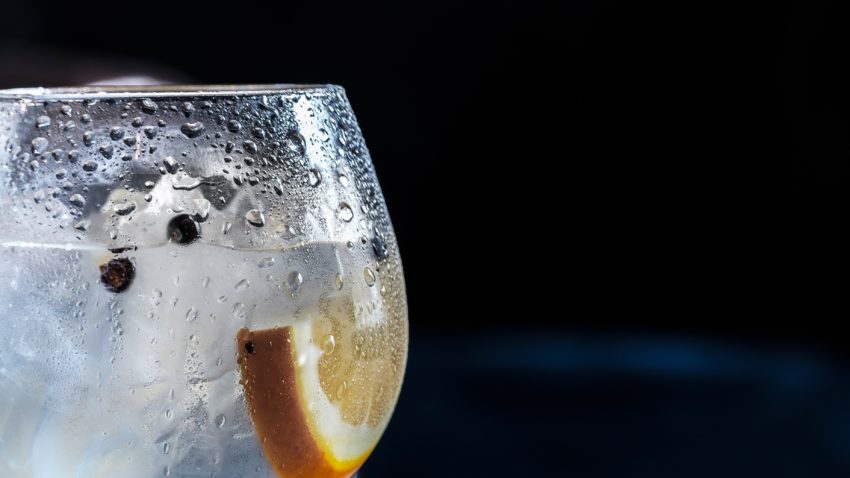Which Bottled Water is Best to Drink in the UK?
For a product that’s supposed to be simple and straightforward, the bottled water industry is surprisingly crowded with lots of confusing terminologies. How different is spring water from mineral water? Does water coming from a mountain make a difference?
This post aims to arm the British public with some information about bottled water and which brands are worthy of being bought. We’ll also dispel some misconceptions about bottled water in general, its effect on the environment, and better alternatives to try.
The Best Bottled Water to Drink in the UK
Buxton Still Mineral Water
- Type: mineral water
- Source: Buxton, Derbyshire, UK
Buxton is one of the most widely consumed and popular mineral water in the UK, containing a slew of helpful minerals in their water. The water itself is sourced locally in Derbyshire that goes through a natural filtering process to make it fit for drinking.
Buxton Water checks most of the boxes when it comes to quality mineral water. It’s naturally and locally sourced and contains minerals with minimal processing. However, it’s worth noting that Buxton Water’s parent company is Nestlé, a conglomerate at odds with environmentalists over water-related exploitation and other environmental “crimes”. So if you’re concerned with supporting such a big corporation, you might want to steer clear of Buxton.
Glaceau Smartwater
- Type: distilled water
- Source: Northumberland
Glaceau Smartwater is a distilled water with electrolytes added, making it a great water to drink after playing sports or working out. Sourced in a spring located in Morpeth in Northumberland, the water is vapour-distilled then infused with electrolytes before bottling.
Smartwater is known for its crisp and clean taste. It’s also available in various flavours and a sparkling version if you want more dimension and vibrance. The bottle, while made with ePET plastic, is 100% recyclable.
Harrogate Sparkling Spring Water
- Type: sparkling/spring water
- Source: Harrogate, North Yorkshire
Harrogate is the UK’s first bottled water manufacturer, launched back in 1740. Today, the brand exudes a sense of grandeur and elegance in its marketing. While the water does taste somewhat elevated, we recommend getting this sparkling version. Its soft, gentle bubbles add a special touch when you drink this water.
But before we forget, a full disclosure: the large French conglomerate Danone acquired Harrogate in February 2020. So, again, if you’re wary of supporting large corporations, this bottled water brand might not be for you.
Aqua Pura Mineral Water
- Type: mineral water
- Source: Eden Valley, Cumbria
Aqua Pura has been a well-known bottled water brand in the UK for the past 30 years. Always thinking about sustainability, Aqua Pura has been ethically sourcing their water in Eden Valley, Cumbria, with a minimal carbon footprint. They perform microbiological and QA tests to ensure the water is safe for consumption.
Icelandic Glacial Water
- Type: spring/alkaline water
- Source: Olfus, Iceland
Icelandic Glacial Water is an almost neutral, natural spring water sourced in Olfus Spring, Iceland. It’s one of the few bottled waters that’s naturally alkaline with a pH of 8.4. So, if you’re looking to reap the (supposed) benefits of alkaline water, this is a convenient way of doing it.
The brand is also environmentally responsible, as they also offer consumers the choice between plastic or glass bottles. They’re also part of a select few manufacturers given the Carbon Neutral Certification – a testament to their green efforts.
Icelandic Glacial Water is a sound choice if you care about the environment in every product that you buy.
Highland Spring
- Type: spring water
- Source: Perthshire, Scotland
As the name suggests, Highland Spring sources their water from the legendary Scottish highlands, specifically Ochil Hill in Perthshire. This water is extracted deep below the ground, naturally kept clean and microbe-free thanks to the surrounding organic soil. In fact, Highland Spring is certified by the Soil Association to recognize this fact.
Well known for their still spring water, the brand also offers a sparkling water variant. Glass is also available if you’re environmentally conscious.
Kingsdown
- Type: spring water
- Source: Kingsdown, Kent
The Kingsdown Spring Water comes in a simple but elegant glass bottle that won’t feel out of place in a high-end bar shelf. The spring water is sourced from Kingsdown in Kent, which produces exceptionally clean tasting water with no hints or aftertastes. It’s also light and smooth on the palate, giving Kingsdown an overall refreshing quality.
Compared to other water brands, Kingsdown is moderately priced so that you can enjoy it much more often.
- Type: artesian water
- Source: Norway
As far as premium bottled waters go, Voss is at the top of the list. Its minimalistic packaging houses a delicious, crisp, and pure water mostly served at high-end establishments and to A-list customers. As expected, it’s also one of the most expensive bottled water you can buy. Voss Water comes from an artesian well in Norway.
Besides the crisp taste and sophisticated branding, Voss is also a green company with sound, environmental practices. You can opt to get the water in glass or even aluminium cans for less carbon footprint.
Things to Consider When Buying Bottled Water
Types of Bottled Water
Despite being just water, there are many different types of bottled water. Some are considered superior because of some health benefit, while others have a particular texture or taste, such as sparkling water.
The problem is that some brands tend to use appealing terms like “mountain water” or “naturally sourced spring water” to market what is essentially just plain tap water. So, which is which and how can you tell the good stuff from the bad?
Let’s start by demystifying some bottled water terms.
Mineral water is one of the most common bottled water you’ll encounter. To be legally labelled as real mineral water, it must contain fewer than 250 parts per million of minerals and trace elements (often calcium, magnesium, and potassium). Companies can’t add in minerals nor can mineral water be processed or treated in any way. The water must be bottled, as is, from the source.
Spring water is bottled water that comes from an underground source through a spring and must be bottled at the source. Spring water can also only be collected from a spring or similar tapping system, and not by any other means. The label must also clearly state the name and location of the spring.
Spring water is mandated by law to undergo frequent testing for microbiological contamination before being deemed safe for consumption.
Sparkling water is a carbonated mineral or spring water, achieved through dissolved carbon dioxide gas. The gas can be naturally occurring in the water or extracted from another source (either naturally or artificially) and added to the water before bottling. Natural carbonated bottled water is preferred since it’s more environmentally-friendly.
Artesian water comes from an artesian well containing sand and rock that acts as a natural filter for the water. These are called aquifers.
Distilled water is water that has gone through the distillation process – turning the water into steam then condensing it back into water. This effectively leaves behind all microorganisms, minerals and impurities, leading to what is essentially pure water.
Distilled water is used for medical and scientific purposes due to its purity. It’s also the best water to give young infants. Because it’s devoid of any minerals or elements, distilled water has a very bland, flat taste. Some of these minerals are beneficial to the human body, and that’s why most health professionals don’t advise drinking solely distilled water for the long term.
Alkaline water is treated to achieve a pH above 8 – way higher than the pH of regular water – turning it alkaline. Various research (albeit controversial) has shown that the body performs best when it’s at an alkaline state. Thus, alkaline water has become very popular.
Hydrogen water is another type of bottled water that touts health benefits. This water has added hydrogen. The idea is that this acts as an antioxidant that helps prevent inflammation, cancer, and ageing.
Like alkaline, the claims made by hydrogen water are still unproven as of the moment. Unfortunately, this hasn’t stopped companies from offering hydrogen water, albeit at a higher price tag. Our advice is to steer clear of this water until there’s more conclusive scientific evidence.
Table, mountain, or natural water (or any other term that isn’t “spring” or “mineral”) is often just regular filtered tap water. This means you might not be getting any real benefit from it apart from convenience. You’re better off just drinking from your tap at home using a reusable water bottle.
So, the bottom line is that, for the best quality and taste, we recommend buying water that came from a reputable natural source such as spring or mineral, unless you’re buying for health reasons (like with alkaline or distilled water).
Packaging
The number one complaint environmentalists have against bottled water is not so much the water itself, but the packaging—specifically, plastic PET bottles. Plastic waste is a leading contributor to pollution and climate change worldwide. Compared to other materials like glass, plastic uses twice the amount of fossil fuels and 17 times more water.
Whenever possible, it’s better to choose bottled water that uses glass. Glass bottles can be recycled infinitely, which leaves a smaller carbon footprint. The UK also has excellent collection systems for used glass bottles. The result is that up to 68% of glass bottles are recycled in the country.
If you must buy a plastic water bottle, make sure it’s recyclable. Also, check the bottle itself if it’s BPA free.
Local vs Imported Water
Whenever possible, get bottled water sourced in the UK instead of other countries. If it’s nearer where you live, then much better.
The reason is that water has a “footprint” of its own – the environmental cost of bringing that water to you. And while the UK and Europe itself have no water shortage, you might be inadvertently supporting exploitation of areas where there IS a water shortage if you don’t buy local. Besides, it’s much better to support the local economy.
Alternatives to Bottled Water
There are plenty of better alternatives to bottled water that you might want to consider while you’re on the go. Not only do they save you money in the long run, but they’re also more environmentally sound.
Reusable Water Bottles
Instead of buying bottled water, why not just buy a reusable container and fill it up yourself at home? There are loads of reusable water bottles you can buy, but the ones we recommend the most are stainless steel bottles. They’re recyclable, easy to clean, and don’t impart any aftertaste to your water. Plus, there are insulated options to keep your water hot or cold throughout the day.
If you’re interested in stainless steel bottles, we recommend Chilly’s Bottles, Klean Kanteen, or the Bambaw Water Bottle.
Plastic reusable water bottles are also viable options, but make sure to pick one that’s BPA-free, non-toxic, and doesn’t leave any nasty aftertaste. Some good picks include the HYDRATE Water Bottle and the Bulk Powders Pro Series Half Gallon Water Bottle for something a bit bigger.
Portable Water Purification Systems
If you’re out camping or spend days outdoors, a portable water purifier can be a fantastic, cost-effective alternative. These devices work by taking groundwater or water from rivers or streams – normally unpotable – and filtering out microbes, impurities, and other foreign contaminants.
The result is water that’s safe to drink on the go. Not only is it cheap in the long run, but you also cut down on trash that you need to dispose of.
We recommend the Sawyer Mini Filtration System, , or the miniwell Gravity Water Filter for your next outdoor trip.

